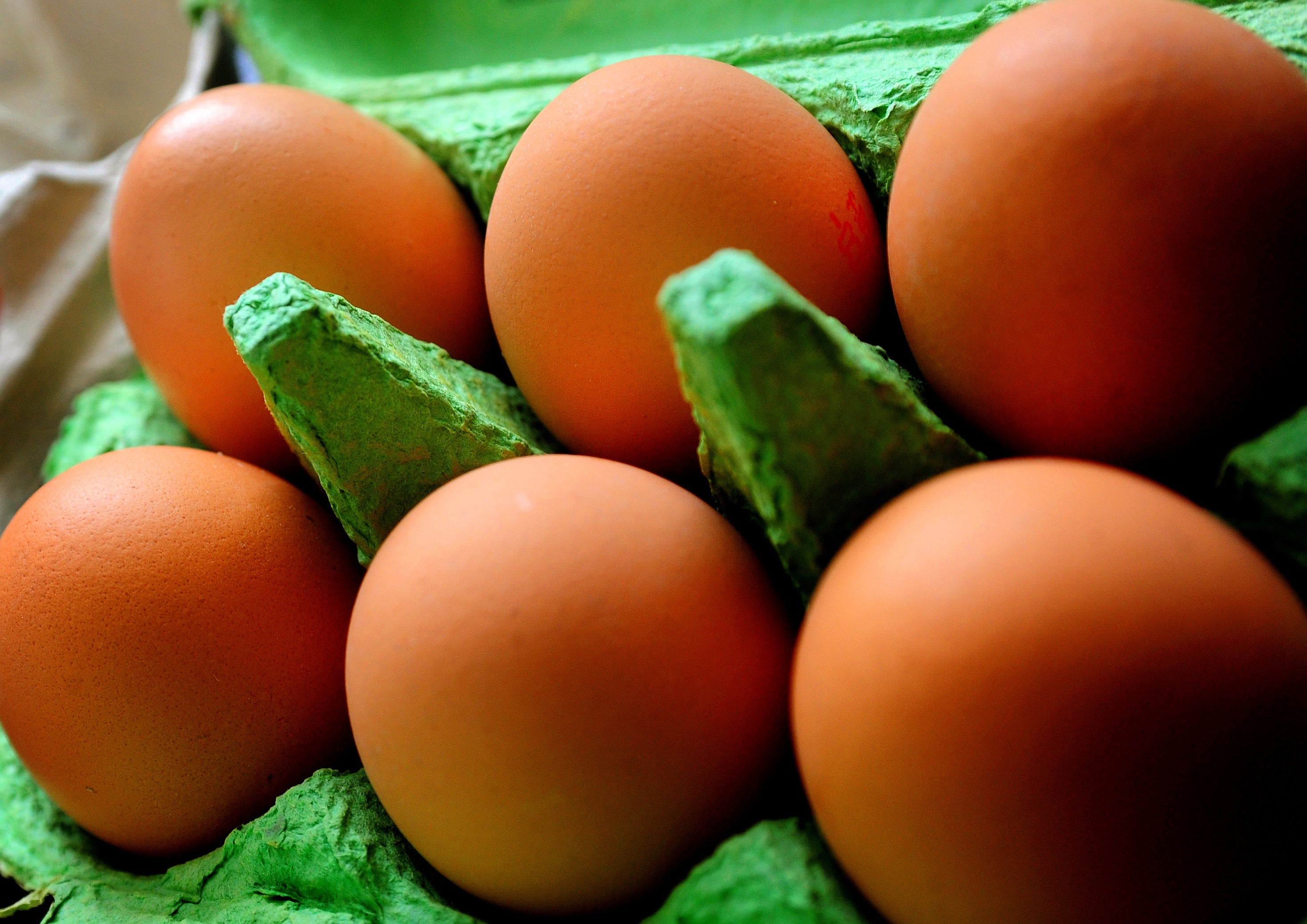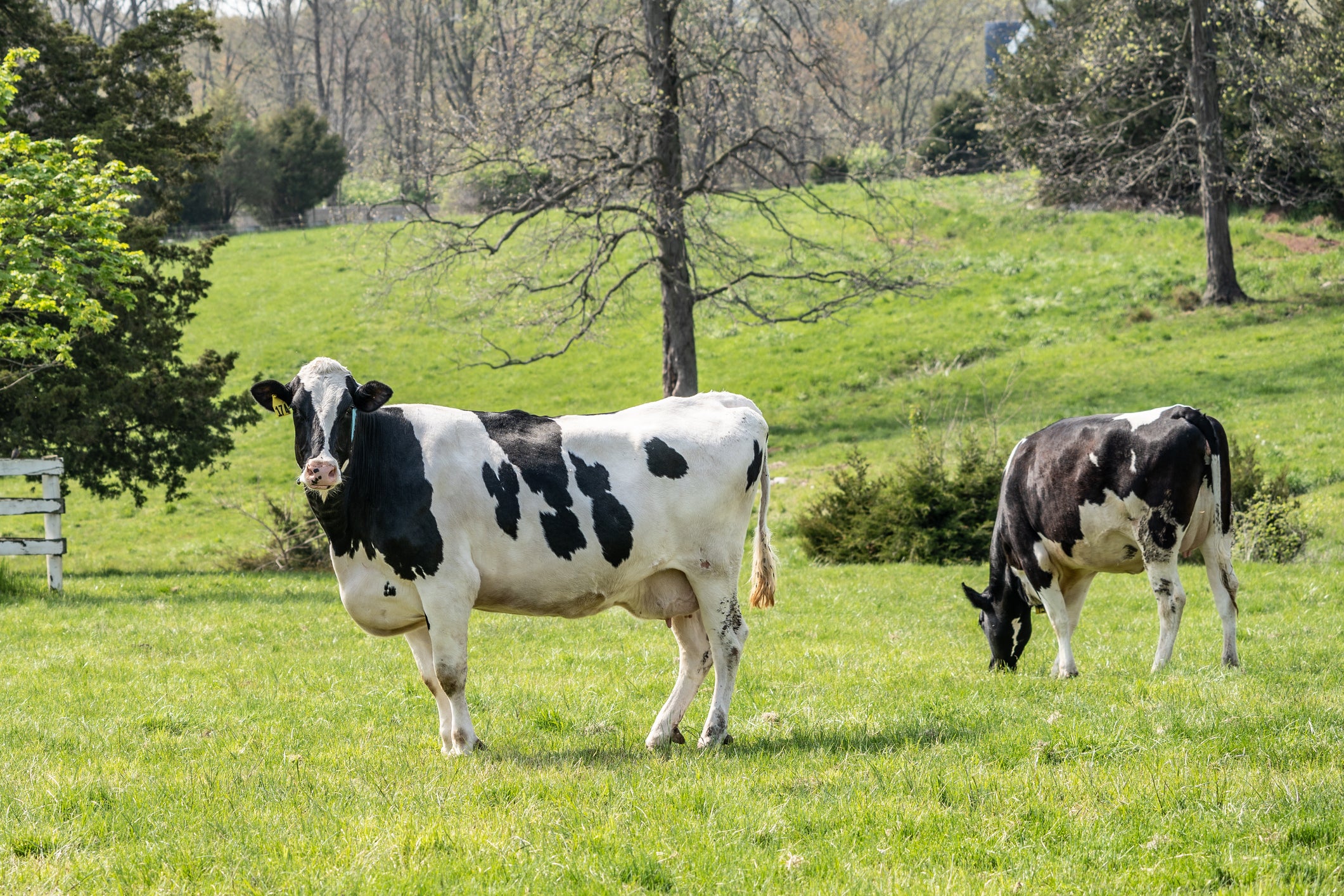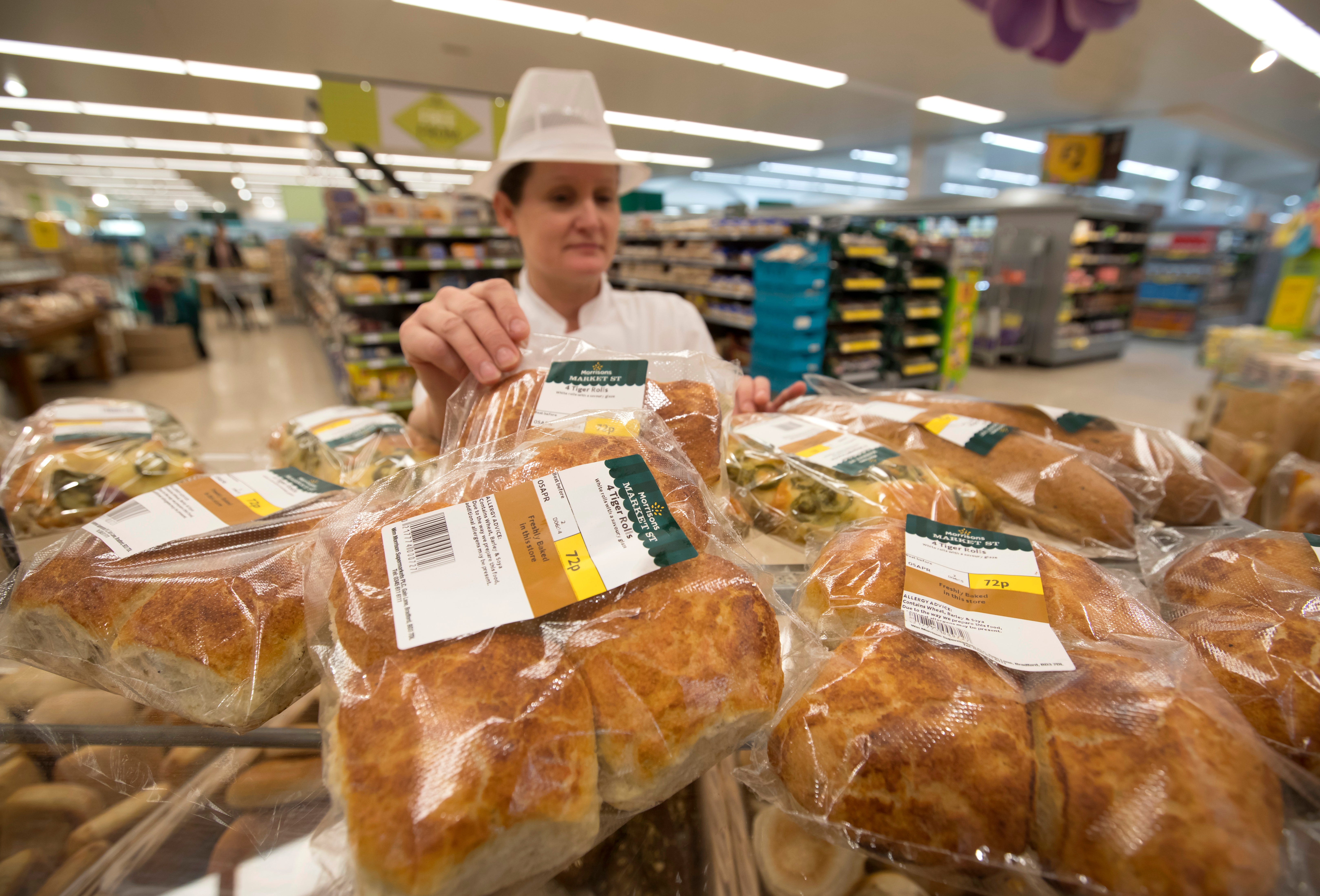How Britain’s farming ‘crisis’ could impact your weekly shop
Soaring energy bills, plunging fertiliser sales and the risk of a mass cull of animals; UK agriculture faces multiple problems, writes Ben Chapman


UK agriculture is in the midst of a “major crisis” that threatens to push up the price of eggs, milk, meat and a host of other staple products, piling further pressure on cash-strapped families, according to industry experts.
In a grim week for British farming, economists warned that livestock owners may have to cull thousands of cattle this winter because of a shortage of feed.
Soaring energy prices and the war in Ukraine have caused a fivefold spike in fertiliser costs. New data revealed by The Independent showed that fertiliser sales had plunged by at least 35 per cent last month.
Meanwhile, farmers face a year of worsening labour shortages as the government refuses to expand a post-Brexit visa scheme for seasonal workers.
Eggs: ‘40p price hike needed’

Egg producers warned that sky-high energy prices could cause an exodus from the industry that would result in a big drop-off in production.
Big supermarket chains control the price that egg producers receive and, at present, most farmers are making losses.
On Tuesday, supermarket bosses shunned an invitation from the British Free Range Egg Producers Association (BFREPA) to attend a “crisis summit” to discuss price increases.
BFREPA boss Robert Gooch said he was “not surprised but very disappointed” that retailers didn’t show up.
“Egg shortages will be the outcome. This has all the hallmarks of a boom and bust situation which is shortsighted and unnecessary.”
According to the trade body, shoppers need to pay 40p more per dozen for free-range eggs to avert a “catastrophe” in the sector and make production viable.
Without that price increase, as many as 70 per cent of free-range egg producers could quit the industry, according to a BFREPRA poll.
Thousands of cattle at risk of cull

Dairy and beef farmers are facing the prospect of culling thousands of animals because they do not have enough grass to feed them.
Dairy and beef farmers would normally apply fertiliser in April to make grass for feed but many have decided prices are now so high that they have decided not to.
Instead they are gambling on favourable weather to ensure decent yields.
That could mean lower production of milk and beef, said Jack Watts, agri-food policy manager at the National Farmers’ Union (NFU).
He warned “it is inevitable that we will continue to see some inflation in in some key food products”.
The Agriculture and Horticulture Development Board (AHDB) estimates that higher prices for fertiliser, and therefore animal feed, will lead to a 5 per cent reduction in the UK dairy herd this winter.
That implies a rise in farm gate milk prices, said David Eudall, an economist at the AHDB. “Some costs can be absorbed but I expect an increase in a lot of food prices is coming,” he said.
“Less application of fertiliser now in the spring will inevitably impact on production.”
This year, pig farmers have already had to cull thousands of animals because of a shortage of skilled butchers after the UK left the EU.
Bread prices to rise

Wheat prices have already surged to record highs this year after Russia invaded Ukraine. Both nations are leading global exporters of grains.
New figures obtained by The Independent indicate the problem could soon be compounded by a fall in UK production.
Fertiliser sales fell 35 per cent last month, the most important month in season, according to data from trade body the Agricultural Industries Confederation (AIC).
The AIC, whose members account for 95 per cent of UK fertiliser production, said the situation was “very disconcerting”.
“Manufacturers can’t keep making [fertiliser] if there are no buyers,” he said.
He urged the government to give confidence that it will be worthwhile producing and buying fertiliser at current high prices but said there was a “fixation from ministers that market forces will fix things”.
“It’s political dogma,” he added.
Arable farmers are expected to begin being severely impacted this winter, when supplies of fertiliser built up last year are fully depleted. That would risk pushing up wheat prices beyond current record levels.
’The potential for production to fall off is massive’
Matt Culley, an arable farmer based in the southeast of England, said he had been forced to cut back fertiliser usage by around 25 per cent to reduce the risk that he will lose money on this year’s crop.
He called on government to provide certainty on gas prices and transparency on the cost of fertiliser. While the prices farmers can charge for wheat and other agricultural commodities are visible months into the future, the amount they must pay for fertiliser is not.
“At the moment, I have to gamble on what the price of fertiliser will be next year when I only have visibility of the price right now. That price can change on a daily or weekly basis,” said Mr Culley.
“You are taking a huge gamble with your business. We shouldn’t have to do that.”
He warned of a large drop-off in yields of arable crops next year at a time when existing stocks of grains and fertiliser will be depleted.
“The potential for all of this production to fall off is massive,” he said. “Things are bad this year but next year will be worse. We are going into it without any resilience.”
Brexit problems

Food producers are also facing reams of additional paperwork on exports to the EU after Brexit that is pushing up costs and has caused some firms to stop exporting altogether.
Problems are being compounded by continued uncertainty over the post-Brexit subsidy regime. Six years on from the vote to leave the EU, the government has yet to tell farmers what cash they will get to replace grants they received when the UK was in the single market.
Brexit is also pushing up labour costs. Fruit and vegetable growers face a year of worsening worker shortages and big increases to wages that threaten to further push up prices for shoppers on everything from strawberries and apples to broccoli and cauliflower.
Nick Marston, chairman of the British Summer Fruits, estimated that the shortfall of workers was 10 to 15 per cent last year and would “increase dramatically” in 2022.
The government has so far ignored growers’ calls to expand a temporary visa scheme for non-UK workers. With unemployment remaining low, that means farms are likely to continue to struggle.
Tim Lang, professor of food security at City University, said the multiple problems facing British agriculture now amounted to a “major crisis”.
“It’s a symbol of a wider crisis of energy prices that’s affecting millions of people.
“We have rocketing food poverty and George Eustace, the secretary of state, is just blithely not interested. It’s astonishing.”
“What we are seeing is the vulnerabilities of a fossil fuel-dependent food economy being totally exposed.”
What is the government doing about it?
The Department for Environment, Food and Rural Affairs (Defra) said it had brought forward some government payments to farmers, easing cashflow problems.
It is hoped the money, which will now be paid in June instead of at the end of the year, will help deal with rising costs.
But food producers say it only covers a fraction of the increase in costs they face. They are calling for more certainty on the price they will pay for energy, fertiliser and other key inputs, so that they do not have to gamble on producing food that they must later sell at a loss.






Join our commenting forum
Join thought-provoking conversations, follow other Independent readers and see their replies
Comments